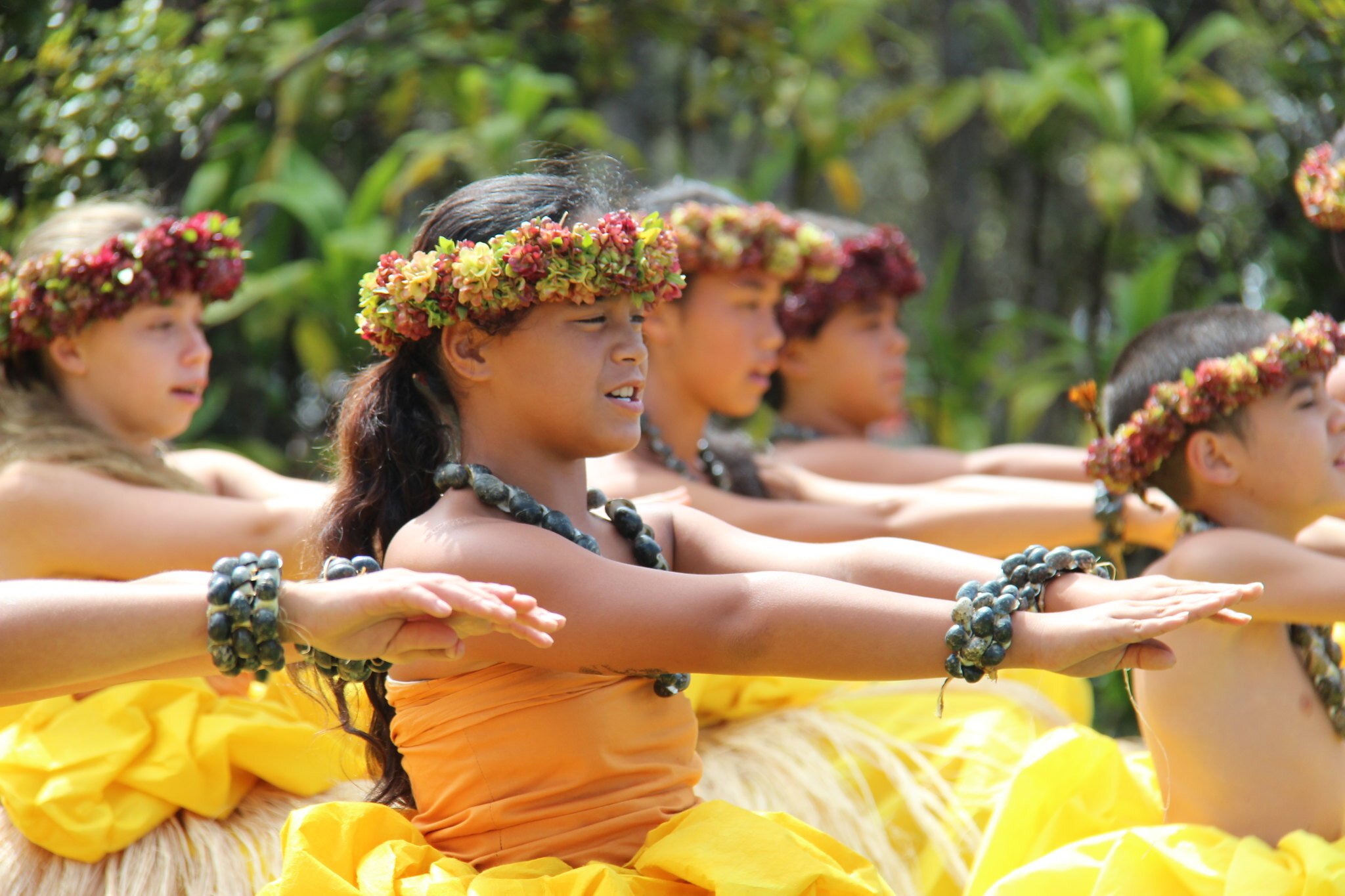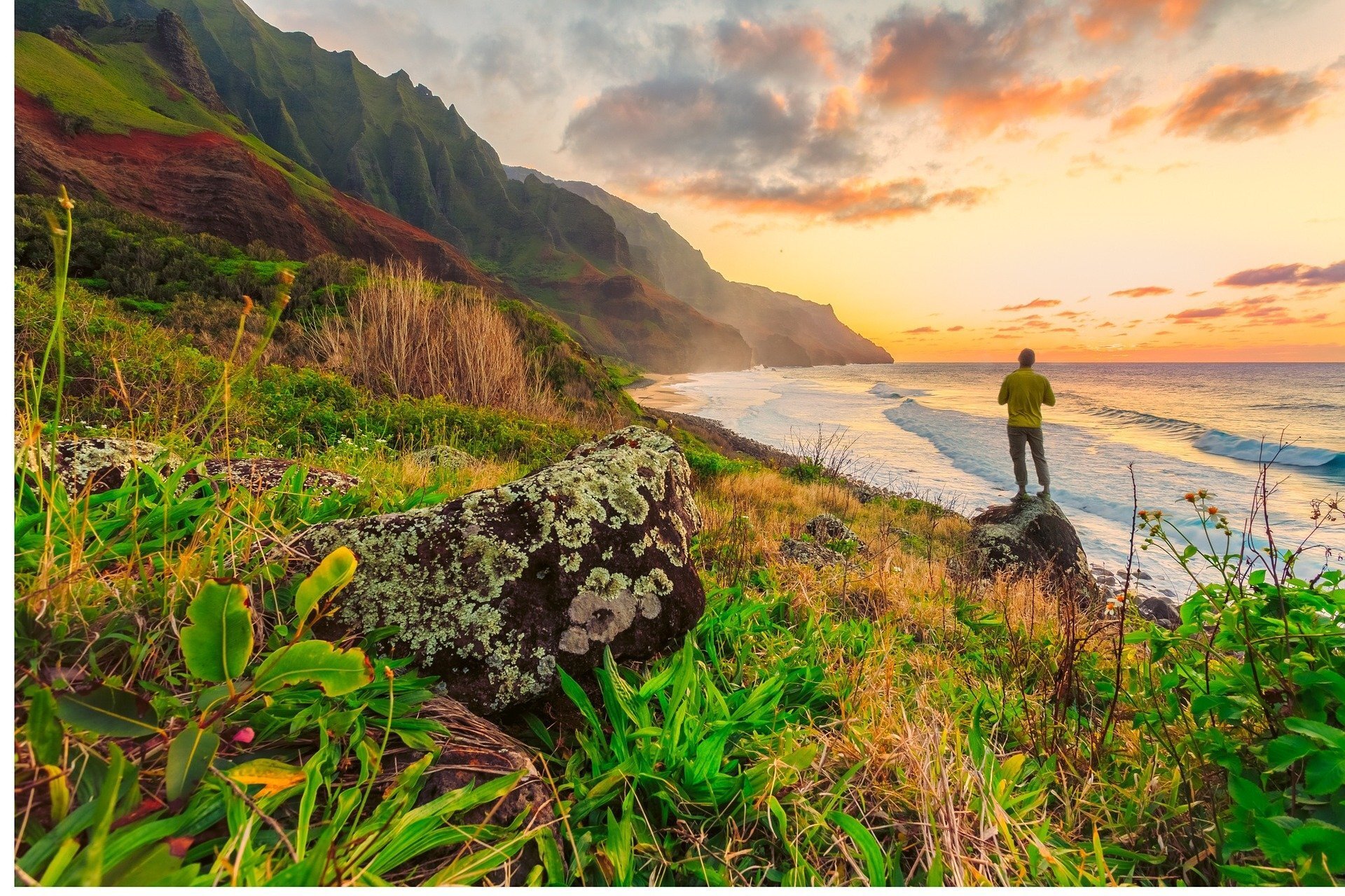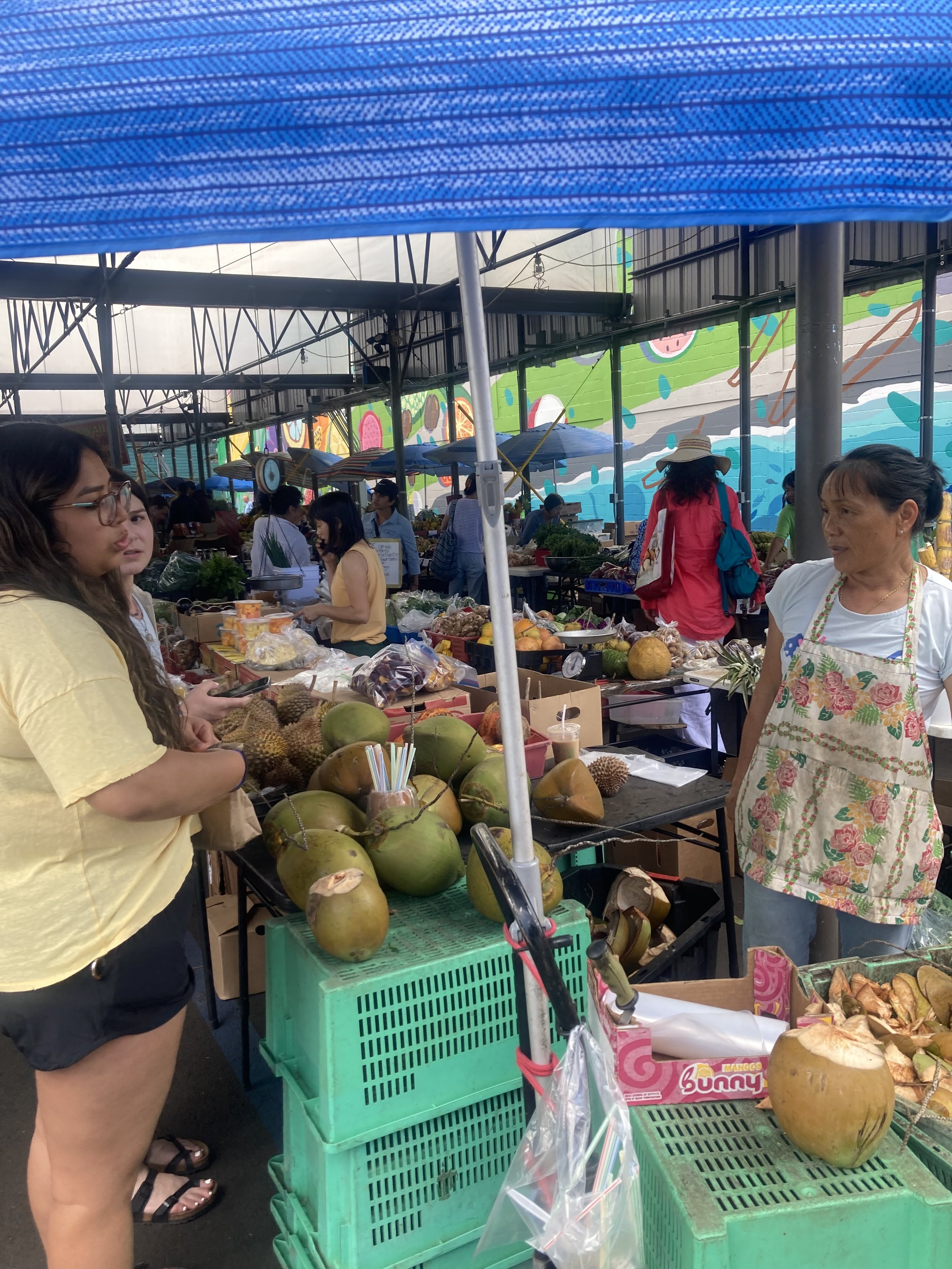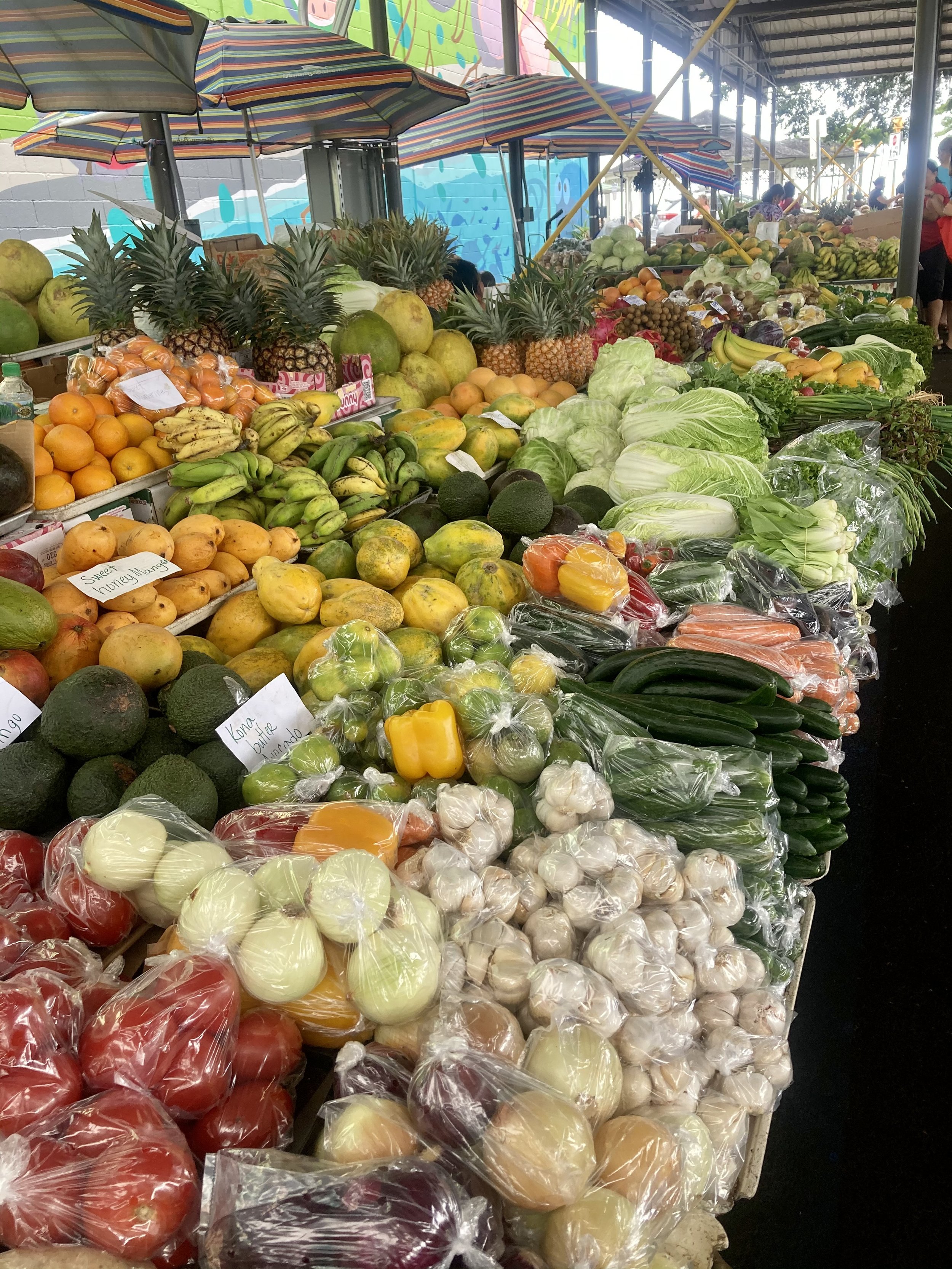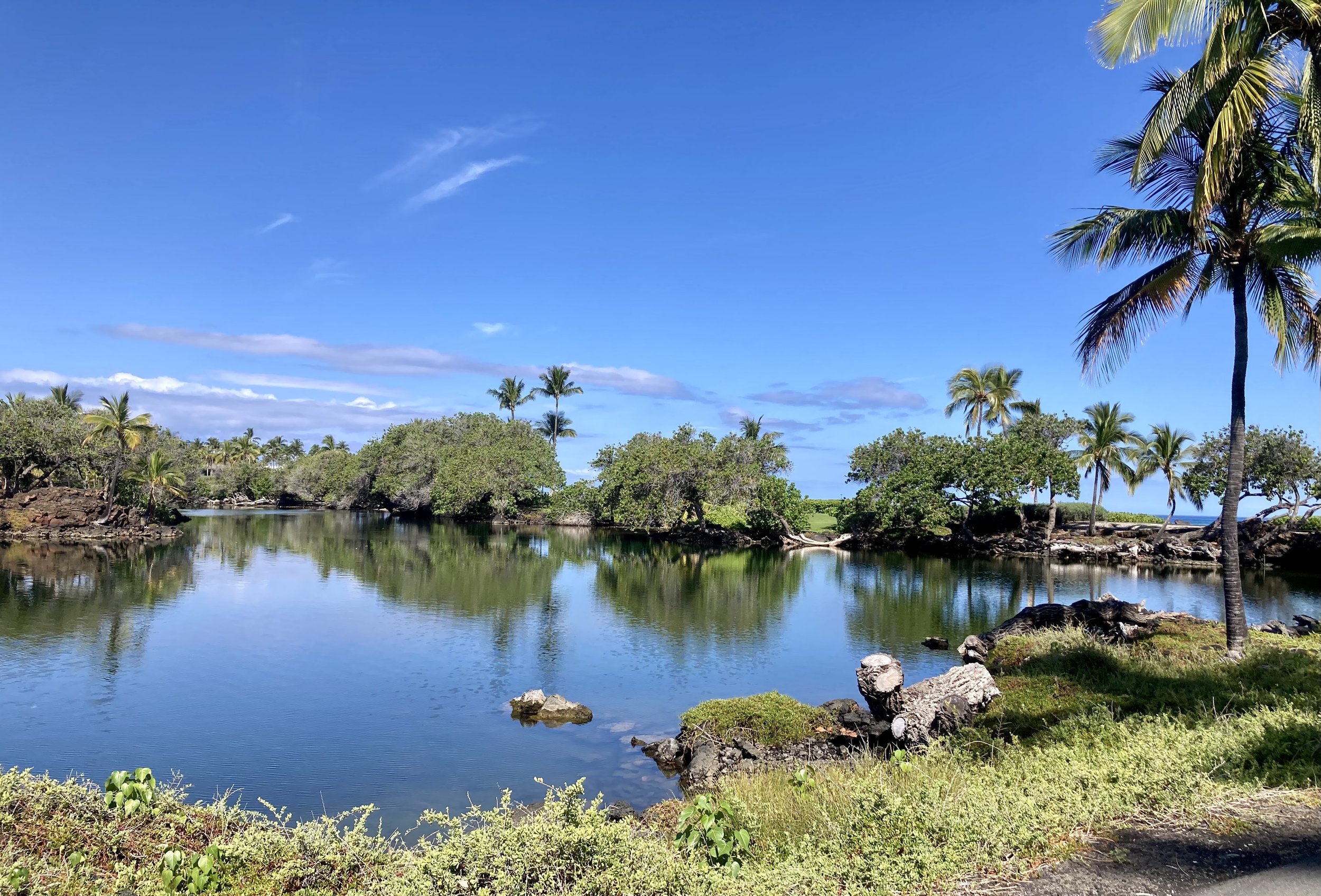Winona State University & Global Treks and Adventures
Partnership Proposal
A little about Global Treks:
Global Treks is an educational adventure company founded by WSU and UW-L alumni incorporating a team of experiential educators from both the university and secondary school systems. Our main focus is leading research expeditions around the world for university students earning college credit and professional development skills. Our undergrad and graduate students come from all areas of study and utilize our program to expand their learning beyond the walls of a classroom. Our program focuses on teaching the whole student — including everything from how to conduct risk assessment and field skills to leadership and character building. We also coordinate with university instructors to lead course-specific trips for their students. We constantly adapt to the needs of today’s students and are currently expanding our programming to include specialized courses centered on leadership development, risk assessment training, experiential educational courses for future and current educators and wilderness medicine. As fellow educators, we are excited to discuss ways we can collaborate with WSU to provide your students with opportunities for growth.
Video of a recent trip to the Spanish Virgin Islands off of Puerto Rico where a professor from the University of La Crosse, WI and her students conducted coral reef genome sequencing.
A recent student’s visual arts project focusing on what students have to say about their experience as part of a 2019 Global Treks research expedition in Iceland.
Hawaii - the Ideal Learning Environment for Public Health
Due to its unique geographical location in the Pacific, Hawaii presents a distinctive microcosm of health-related challenges and opportunities. By choosing Hawaii as a study destination, students can immerse themselves in a unique setting, examining the intricate dynamics between environment, culture, and public health. The islands boast a complex interplay of tropical ecosystems, endemic diseases, cultural diversity, and social disparities that make it an ideal living laboratory for public health research and education.
The archipelago's diverse population, comprising native Hawaiians, Asians, Pacific Islanders, and mainland transplants, provides students with a rich tapestry of cultures and health perspectives to explore. Studying public health in this multicultural environment allows students to develop a deep understanding of the social determinants of health and the influence of cultural nuances on health behaviors, healthcare access, and health outcomes. These invaluable insights gained from studying in such a diverse setting prepare students with a broader perspective and a heightened cultural competency essential in addressing public health challenges globally.
Hawaii's unique geography also offers opportunities for hands-on fieldwork and research. From investigating the impact of health implications of volcanic emissions to hiking through rainforests with numerous cultural and medicinal plants, students can engage in research projects that take on a holistic approach to tackling unique public health issues.
Hawaii’s unique blend of ecological, cultural, and social dynamics provides an unparalleled learning experience taking students beyond the boundaries of traditional classroom. Students will embark on a transformative journey, where they will have opportunities to expand their learning, contribute meaningfully to the field of public health, engage with diverse populations, conduct impactful research, and cultivate their personal well-being while enjoying the stunning backdrop of the Hawaiian islands.
Brainstorming Bin, WSU Collaboration Idea Abstracts:
Community Health Observation - these workshops and site visits create opportunities to learn more about the overall public health of a community highlighting access and balance within the healthcare, nutrition and educational systems. Programs often include opportunities to interact with organizational leaders and community stakeholders. Some examples may include local clinics, healthcare professionals, non-profits organizations and community leaders. These experiences allow students to develop a wide scope of understanding of the multi-faceted approach required to protect and support local citizens facing health challenges.
Food Systems - providing opportunities for students to explore and expand their understanding of community food systems and nutrition. Students experience first-hand the key components of local community nutrition, cultural trends and traditions and agricultural values/trends/techniques. A wide range of student experiences include: site visits of local community gardens/markets, connecting with local growers to demonstrate agricultural practices, interviews with members within food production systems, site visits to varied local solutions to access like food forests in the northeast of Hawaii and meetings with local traditional elders teaching about the historical practices within the local culture.
Recreation and Adventure - there’s nowhere to go but everywhere. Our adventures are focused on personal growth. As we explore new places around the world, we build connections, expand boundaries and inspire the next generation of travelers to immerse themselves in cultures abroad rather than sit on the side as spectators. We have found most participants already want to do this — but may not know how. We teach them.
Community Participation - global citizens expand their way of thinking when learning from one another. We build connections between communities everywhere we go and aim to continue to inspire today’s leaders by learning from educational institutions, community members, policy-makers, village elders and organizational teams around the world. Getting outside our home bubbles is the first step!
Leadership Development - today’s workplace environment is constantly adapting and calling for leaders who understand the benefits of successful communication, feedback, self-assessment and accountability. We focus our courses on the support and development of the whole student.
Cultural Immersion - we specialize in community relationships. Students will have opportunities to learn from local community members and participate in hands-on learning in workshops related to food and cooking, dance and music, arts and fabric, story-telling and traditional living.
Estimated Flight and Program Costs:
Estimated Flight Costs for 12 - 14 days in April 2024 (May flights are not yet available):
MSP —> Honolulu —> Kona —> MSP: $800
MSP —> Honolulu —> Kona —> Molokai —> MSP: $1200
Typical program costs with Global Treks are roughly $3,000 per week including all activities, transportation within the island, lodging and most meals (2 lunches and 2 dinners each week are reserved for students to enjoy on their own and have some free time).
**Housing and Food costs vary greatly depending on the island, location and group size.

